Introduction
In my career
as an executive life coach, I come across many leaders and management
executives, who struggle with taking charge of their own lives. While their
circumstances might have differed, the thought behind helping them is virtually
always the same and quite fundamental.
As a coach,
locus of control in management is useful to steer leaders and managers from
considering themselves as victims of life’s conditions to being drivers
of those life events.
As a
facilitator, I help clients reach deep inside to the source of their inner
strength and capability to take charge of their lives.
There are two
different locus of control: internal and external. Internal locus of control is
the conviction that you are the “driver of the events that occur in your life”,
while external locus of control is the thought that “external factors like
fate, determine life events”.
Impact of locus of control psychology today on human performance
If you watch
an interview of high performers or achievers and watch top athletes closely,
you'll observe something fascinating: they never speak about external
circumstances.
There's no
"I missed that target or goal because my client was difficult or a team member
was a novice" or "I missed the medal because the ground was slippery
or it was the cleaner's mistake."
Top
performers in the corporate world, in sports, or in any other field of human
endeavor, don't blame external factors because no matter what profession they
belong to, or what sport they play, they all possess one thing in common: an
internal locus of control.
The above
sums up the importance of locus of control in management, sport, and
leadership.
The Shift- a new beginning
Many times, I
often hear my clients describe their lives or work as getting out of control or
they think they have very little or no control over their lives.
However, when
things get better, I hear them say that they’ve started feeling more in control
of their lives again.
As soon as
the locus of control shifts from external to internal, people discover more
energy, inspiration, and greater confidence to change.
In business
and leadership, the following advantages accrue to members having an internal
locus of control across levels within an organization:
1. Leadership
A leader with
an internal locus of control is likely to be preferred by team members. One
reason is that such a person is perceived to have a better locus of control
psychology and is more powerful than an ‘external’ person because he or she takes
responsibility for events. A leader with an internal locus of control would be
self-empowered to change adverse conditions.
2. Locus of control in management and business
decision-making
There is
evidence to demonstrate that internals is more competent to handle complex
information and problem-solving and that they are more achievement-oriented
than externals (locus of control). People with a high external locus of control
usually prefer to have a controlled, directed work environment. They are
competent to handle work that requires obedience and conformity, but they are
found lacking in situations that require initiative, creativity, and
independent action, important traits for a professional in management roles.
Conclusion
Possessing a
locus of control that is internal, helps to differentiate between effective and
ineffective leaders, managers, and employees.
To know more,
contact me at www.percyvaid.com.













